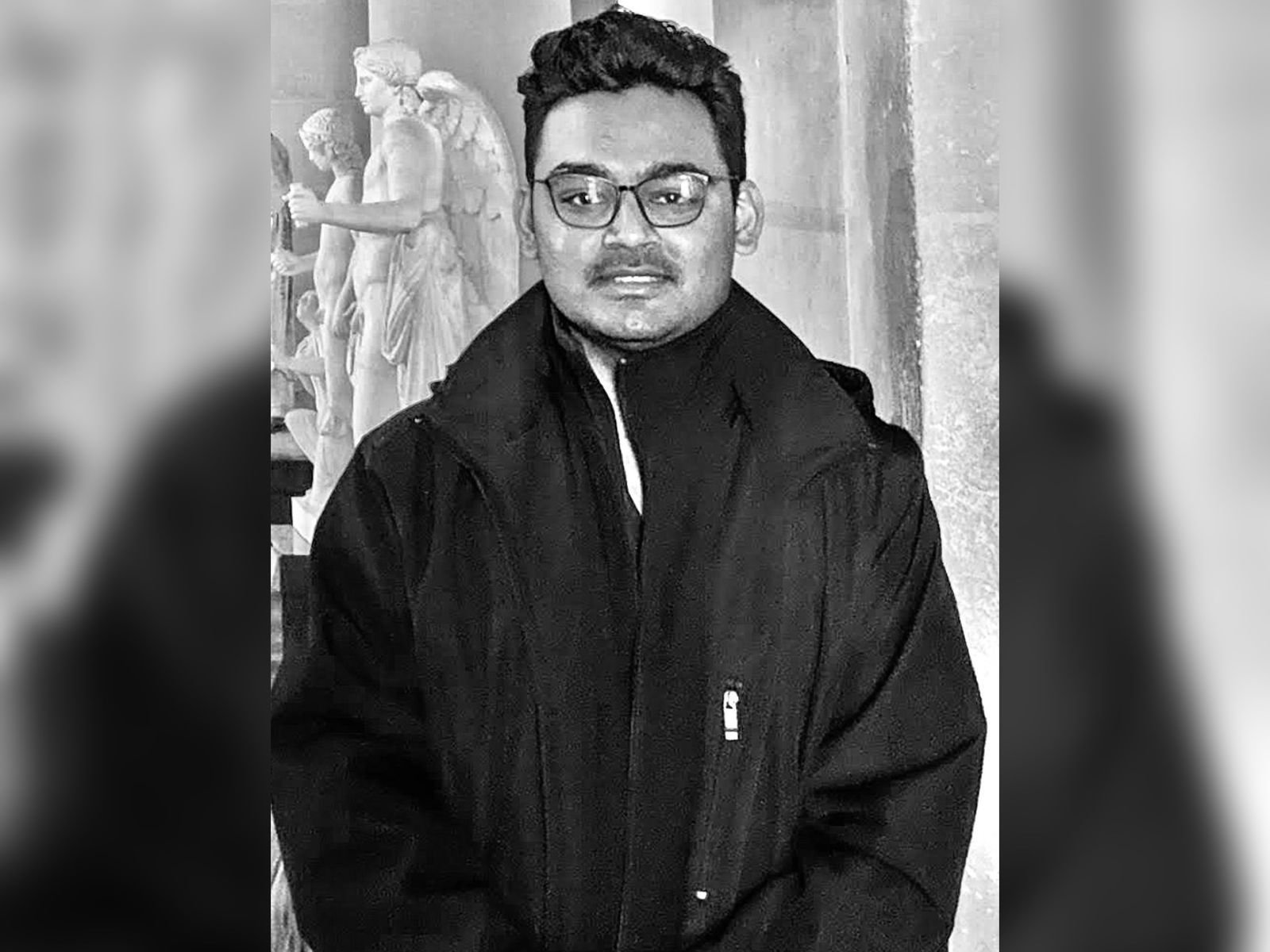The Uttarakhand government recently decided to appoint administrators for 7,526 gram panchayats across 12 districts due to delays in panchayat elections. This step aims to ensure administrative continuity, preventing risks to social programs and rural development projects. While this interim measure ensures that essential governance functions are not disrupted, it is crucial to evaluate the broader implications of this decision and explore ways to strengthen grassroots democracy.
Participatory governance is the foundation of the Panchayati Raj system, serving as a robust pillar of decentralized democracy. Elected panchayat representatives not only implement government schemes but also represent their communities. The appointment of administrators, although necessary as a temporary solution, bypasses this participatory process, raising concerns about inclusivity and accountability. Administrators can handle day-to-day governance but lack the mandate to address the concerns and aspirations of local communities.
To address these issues, the government must adopt a comprehensive strategy. First, a detailed and time-bound framework for conducting panchayat elections should be established without delay. By setting a clear timeline, the government can assure citizens that this temporary arrangement does not signify a retreat from democratic principles. Transparency in this process is vital; regular updates on election preparations can build public trust.
Second, the appointed administrators should be made aware of the importance of community engagement. It is possible to ensure that governance remains inclusive and responsive to community needs by involving local stakeholders in decision-making processes. This approach will also bridge the gap between interim governance and the restoration of elected leadership.
Third, the administration should view this as a valuable opportunity to address structural issues causing delays in elections. Strengthening the State Election Commission, ensuring adequate funding, and streamlining electoral processes can prevent such situations in the future.
Local representatives play a vital role in addressing grassroots issues at the panchayat level. Problems like water supply, roads, sanitation, and education require on-ground representation for effective resolution. While the appointment of administrators ensures continuity, it also highlights a communication gap between the administration and the people regarding these basic needs.
Moreover, the absence of elected representatives increases the risk of centralized decision-making, which goes against the principles of decentralization. It is imperative to ensure that even during interim arrangements, decision-making processes at the gram panchayat level remain inclusive, involving active participation from the community. Strengthening the Panchayati Raj system and fostering public involvement in governance are key to sustaining true democracy.
This situation provides the government with an opportunity to turn a temporary crisis into a long-term solution, strengthening the panchayat system for the future. By doing so, the trust of citizens in democratic institutions can be renewed, and a higher standard of transparency and accountability in governance can be set. This will pave the way for a more balanced approach where democracy and development go hand in hand.
The Panchayati Raj system is not just about administrative functioning; it is about empowering the people with the right to participate in governance. This is the essence of democracy. The Uttarakhand government must ensure timely panchayat elections to uphold this participatory right of the people. Only by doing so can both development and democracy thrive in the state.



